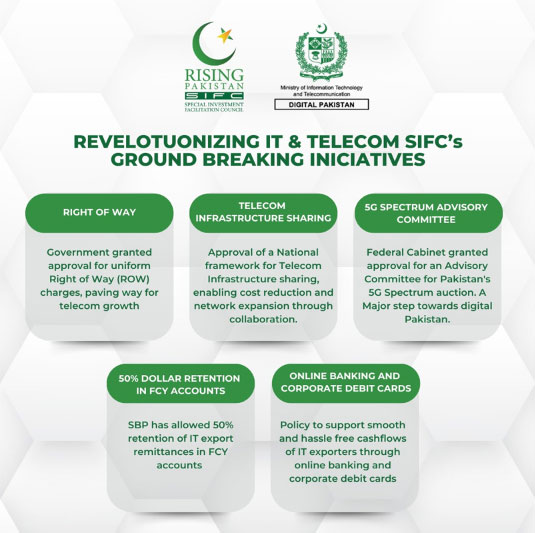Tech
IT minister underscores SIFC initiatives to revolutionise IT, telecom in Pakistan

Latest News
Pakistan declares AI chatbots to be dangers to security.
Latest News
Unlawful VPNs: Terrorists Utilize Unregistered VPNs to Disseminate Propaganda
Latest News
Air University Holds A Revolutionary Event For Students Focusing On Cybersecurity
-

 Latest News2 days ago
Latest News2 days agoTo combat terrorism, specific actions are required: Mohsin Naqvi
-

 Latest News2 days ago
Latest News2 days agoSmog crisis: Punjab will go into complete lockdown, school holidays will be extended
-

 Latest News2 days ago
Latest News2 days agoThree Terrorists Are Killed by Security Forces in Harnai District: ISPR
-

 Business2 days ago
Business2 days agoDar chairs the CCOP meeting; Blue World’s bid offer of Rs.10 billion is rejected.
-

 Latest News2 days ago
Latest News2 days agoOver Pakistan, Rain and Snowfall Are Expected Over the Next Three Days
-

 Latest News2 days ago
Latest News2 days agoFertilizer Inventory: Rana Tanveer Expresses Contentment Regarding Stock Availability
-

 Latest News2 days ago
Latest News2 days agoPakistan declares AI chatbots to be dangers to security.
-

 Latest News2 days ago
Latest News2 days agoPakistan’s Climate Change Ministry and GGGI Sign a Pact on Green Finance for Climate Action























